What Is the Best Protein for Dogs with Allergies? Find Out Here
Many pet owners notice their dogs scratching, licking paws, or developing red patches without realizing that food allergies might be the real cause. When a dog’s immune system reacts to certain proteins, it triggers inflammation, itching, and discomfort. The key to solving this issue lies in choosing the best protein for dogs with allergies. In this article, you’ll learn why protein causes allergic reactions, what meats are safest, and how to pick the right food to keep your dog happy and healthy.

What Causes Allergies in Dogs?
Dog allergies occur when the immune system overreacts to a specific substance, mistaking it for a threat. Food is one of the most common triggers, especially proteins. Common causes include:
Food allergies: Chicken, beef, eggs, dairy, and wheat are frequent culprits.
Environmental allergens: Pollen, dust mites, mold, and flea bites can worsen symptoms.
Genetics: Certain breeds like Pitbulls, Bulldogs, and Retrievers are more allergy-prone.
Gut imbalance: Poor gut health weakens immunity, making food allergies more likely.
How Protein Relates to Dog Food Allergies
In about 70% of cases, dog food allergies are caused by proteins. When the immune system identifies a protein as harmful, it releases histamines that cause itching and skin inflammation. Changing the protein source is the first and most effective step toward relief.
Difference Between Common and Novel Proteins
| Type | Common Proteins | Novel Proteins |
|---|---|---|
| Examples | Chicken, Beef, Pork | Venison, Duck, Turkey, Salmon, Rabbit |
| Allergy Risk | High | Low |
| Best For | Healthy Dogs | Allergy-Prone Dogs |
| Digestibility | Moderate | High |
Best Protein Options for Dogs with Allergies
1. Single-Source Proteins
Helps identify and eliminate allergens.
Recommended meats: Turkey, Salmon, Venison.
Promotes better digestion and clearer skin.
2. Novel Proteins
Includes meats your dog has never eaten before.
Examples: Kangaroo, Duck, Rabbit, Alligator.
Highly digestible and less likely to trigger reactions.
3. Hydrolyzed Proteins
Protein molecules are broken down into smaller peptides.
Minimizes immune response; ideal for severe food allergies.
Common in veterinary prescription diets like Royal Canin Hypoallergenic.
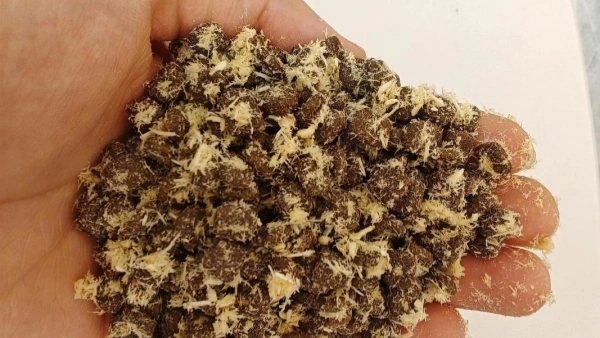
What Meat Is Least Likely to Cause Allergies?
Based on veterinary research, these meats have the lowest allergy potential:
| Meat | Allergy Risk | Digestibility | Benefits |
|---|---|---|---|
| Venison | Very Low | High | Lean protein, low fat, rich in minerals |
| Turkey | Low | High | Excellent amino acid profile |
| Salmon | Low | High | Omega-3 for skin and coat repair |
| Duck | Moderate-Low | High | Rich flavor, good for picky eaters |
What Meat Is Best for Itchy Dogs?
Dogs with itchy or flaky skin need anti-inflammatory proteins and omega-rich diets:
Salmon – reduces inflammation and promotes skin repair.
Turkey – gentle on digestion, supports muscle recovery.
Duck – flavorful, ideal for sensitive stomachs.
Pair with coconut or flaxseed oil for better skin hydration.
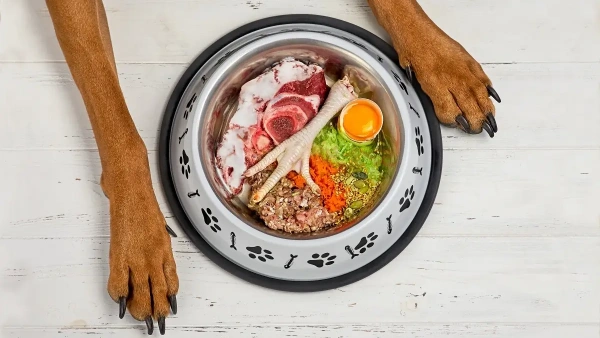
Turkey vs Salmon: Which Is Better for Allergic Dogs?
| Criteria | Turkey | Salmon |
|---|---|---|
| Digestibility | High | High |
| Anti-inflammatory Effects | Moderate | Strong |
| Skin Repair Benefits | Good | Excellent |
| Best For | Sensitive Digestion | Severe Skin Allergies |
Everything Our Vets Recommend
How to Help a Dog with Food Allergies
Switch to a single-source or hydrolyzed protein diet.
Add probiotics to improve gut health.
Supplement with Omega-3 fatty acids.
Keep your environment clean to avoid dust and pollen exposure.
Stick to one diet for at least 8–12 weeks before judging results.
Consult a veterinarian if symptoms persist.
Tips for Choosing the Best Protein for Allergic Dogs
Check the ingredient list — protein should be listed first.
Prefer single-protein, grain-free formulas.
Avoid artificial preservatives and colors.
Keep a food diary to track reactions.
If home-cooking, balance with vitamins, calcium, and fatty acids.
Best Protein for Dogs with Allergies FAQs
What are the symptoms of protein allergies in dogs?
Common signs include excessive scratching, licking paws, redness, ear infections, hair loss, and diarrhea.
What meat is best for dogs with food allergies?
Venison, salmon, turkey, and rabbit are among the best meat for dogs with food allergies due to their low allergenic potential.
Can dogs eat human food if they have allergies?
Yes, as long as it’s plain and unseasoned. Boiled turkey or steamed salmon are safe examples of human food for dogs with allergies.
How long does it take to see improvement?
Most dogs show improvement within 8 to 12 weeks after switching to a low-allergy diet.
Can I mix different protein sources?
It’s best not to. Stick with one protein at a time to accurately identify allergy triggers.
Conclusion
Choosing the best protein for dogs with allergies is essential to improving their quality of life. Whether it’s salmon for skin health or turkey for easy digestion, the right protein can relieve itching, repair the skin barrier, and restore your dog’s energy. By focusing on quality ingredients and monitoring reactions, you can help your furry friend live allergy-free and full of vitality.
You May Like:
- 2025 Picks: Best Dog Food for Pitbulls with Skin Allergies
- Best Allergy Supplements for Dogs: What Vets Recommend
- Allergic Reaction to Fleas on Dogs: What Vets Wish You Knew
- Home Guide: How to Treat Flea Allergy Dermatitis in Dogs
User Comments
Does flea treatment kill ear mites too?
Can dogs take human probiotics?
Can dogs have people probiotics safely?
Related Articles
View all
How to Get Rid of Dog Allergies Naturally: Common Mistakes

Dog Allergic Reaction Eye Swelling: Hidden Mistakes to Avoid

Why Do Bulldogs Scratch? Bulldog Skin Allergies Guide
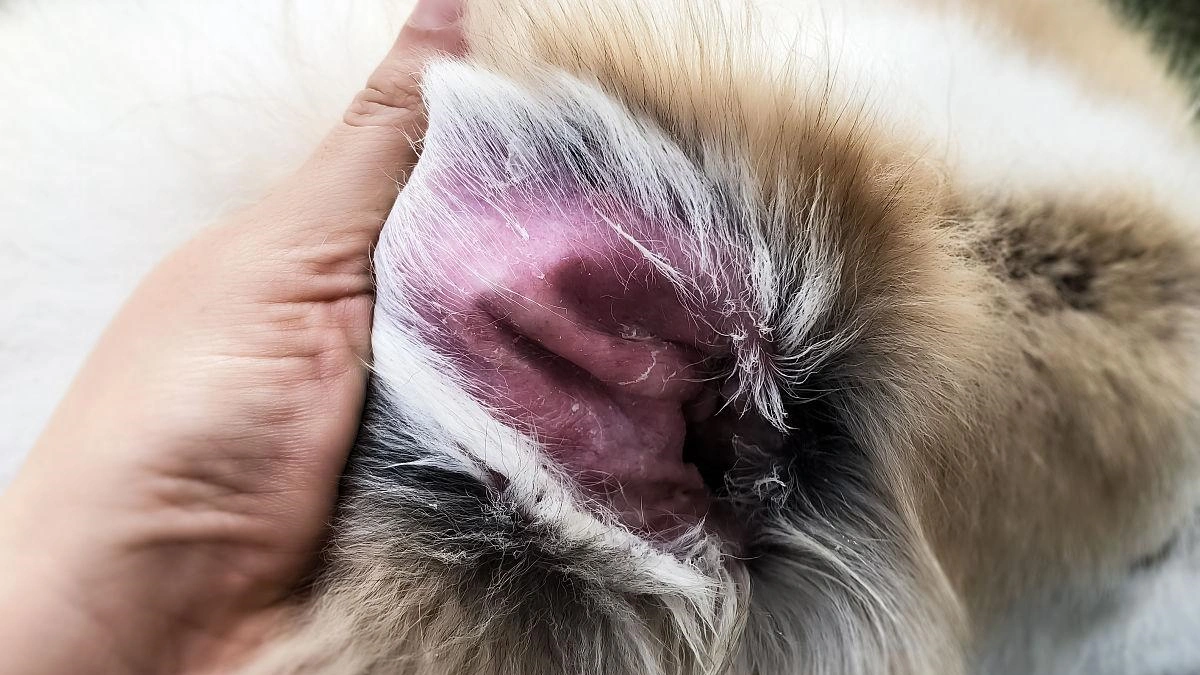
Cure for Dog Skin Allergies Owners Often Miss

How to Get Rid of Dog Allergies Naturally: Common Mistakes

Dog Allergic Reaction Eye Swelling: Hidden Mistakes to Avoid

Why Do Bulldogs Scratch? Bulldog Skin Allergies Guide

Cure for Dog Skin Allergies Owners Often Miss

Vet-Recommended Wet Dog Food for Sensitive Stomachs — 2025 Guide

Dog Dust Mite Allergy: Symptoms, Treatment, Prevention

Can Allergies in Dogs Cause Diarrhea and Vomiting? Explained

10 Pitbull Health Problems You Should Know in 2025 — Tips


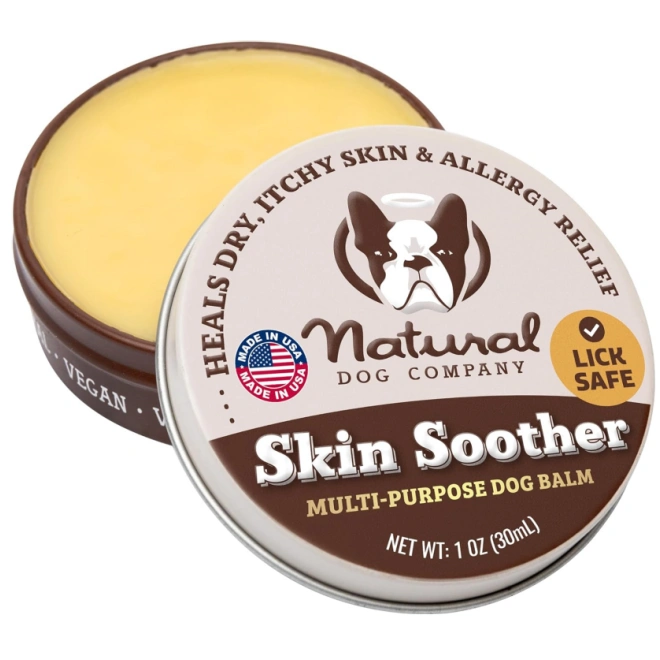
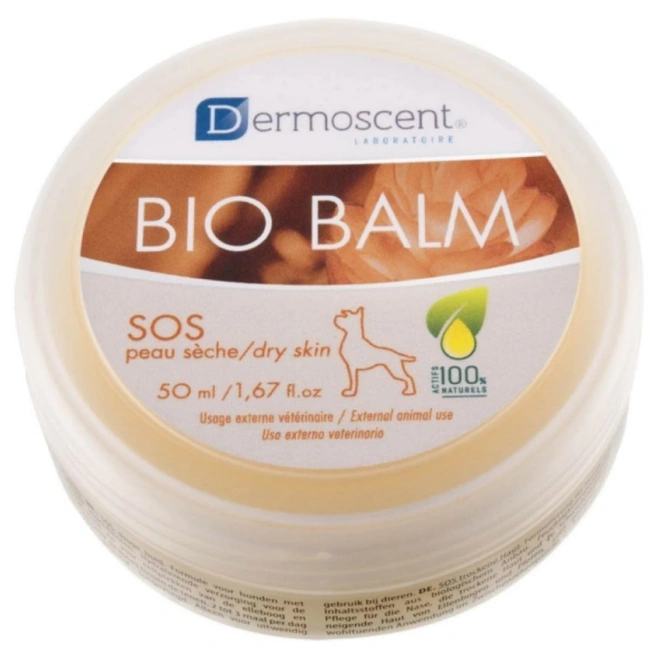
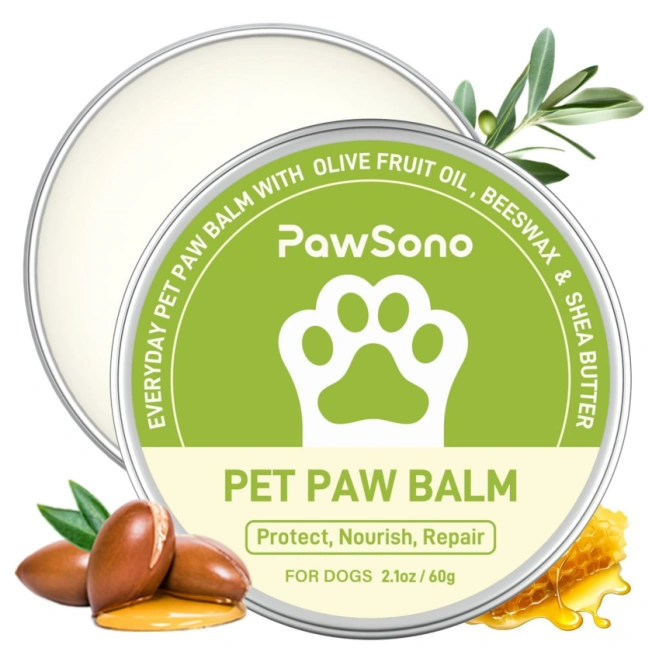
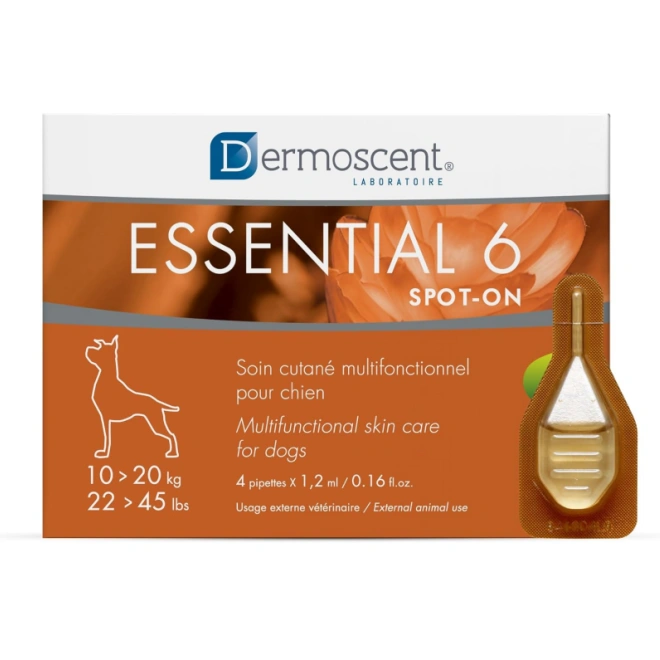








Leave a Reply